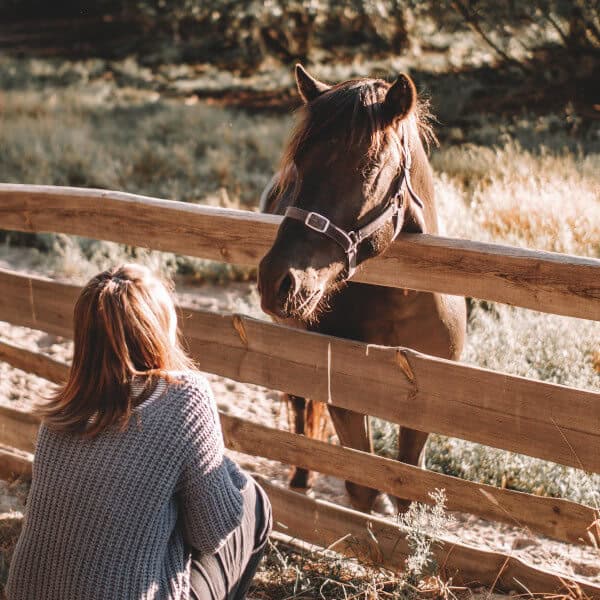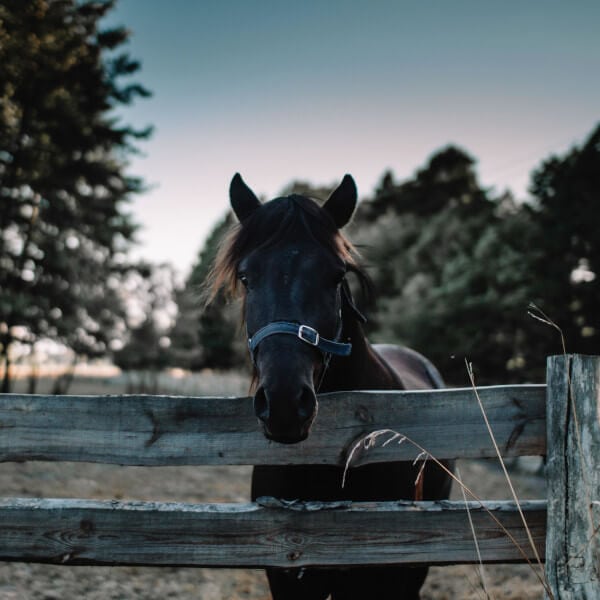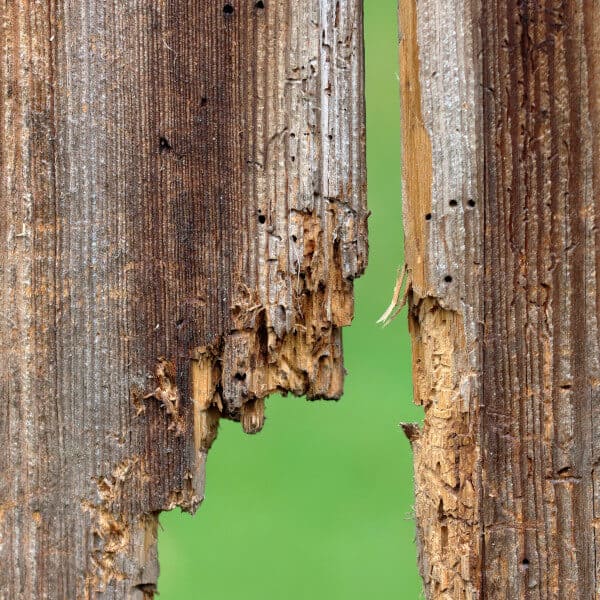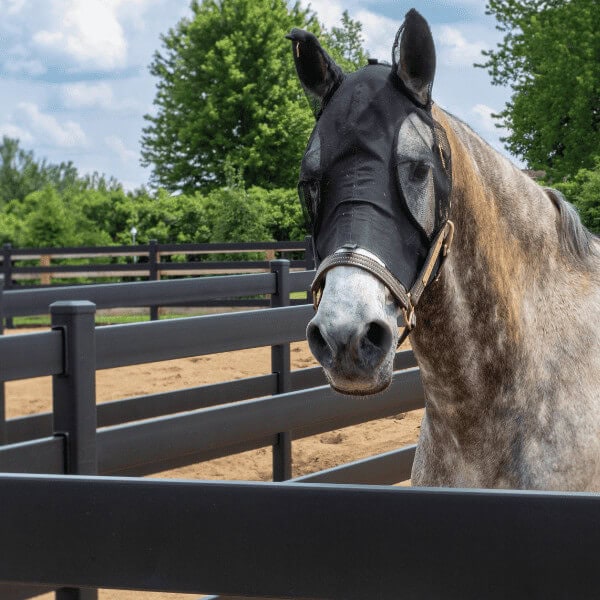Durability: Unlike wood, which can rot, warp, or splinter over time, steel horse fences are built to withstand decades of use with minimal wear. They are resistant to insects, moisture damage, and weather extremes, making them far more reliable in demanding farm and ranch environments.
Safety: A wooden horse fence can become hazardous once boards weaken or break, potentially injuring horses through splinters or sharp edges. Steel fencing eliminates these risks with smooth, strong rails that maintain their shape and integrity, providing a safer enclosure for horses.
Low Maintenance: Wooden ranch fences require regular painting, staining, and board replacements. In contrast, a steel fence retains its finish without constant upkeep. Occasional cleaning is all that’s needed to keep it looking like new.
Long-Term Investment: While the upfront cost of a steel fence is higher than wood, its extended lifespan and reduced maintenance make it the more cost-effective choice in the long run. Horse owners save time, labor, and replacement costs over the life of the fence.








